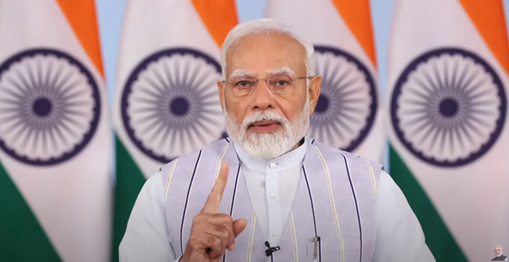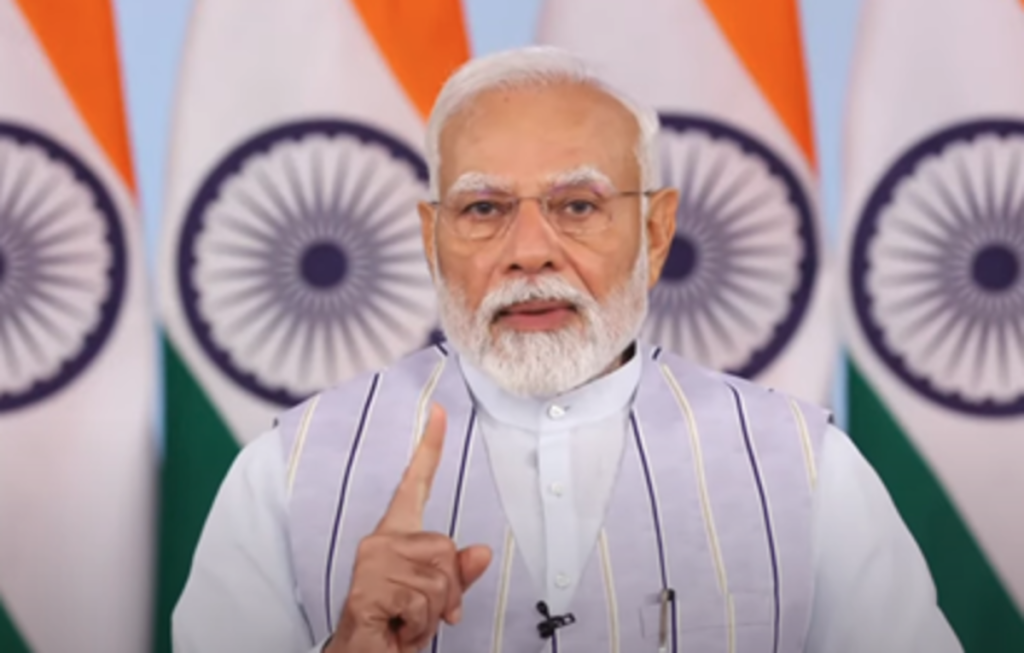
New Delhi: In a major development for public health and improving preparedness for future pandemics, India has joined other WHO member states in jointly adopting the global pandemic treaty at the World Health Assembly in Geneva.
Speaking at the 78th World Health Assembly in Geneva, the Prime Minister said, “The future of a healthy world depends on inclusion, and the health of the world depends on how well we care for the most vulnerable, especially in the Global South who are particularly impacted by health challenges.”
“India’s initiatives have brought down out-of-pocket expenditure as a percentage of total health expenditure significantly, while government health expenditure has increased considerably,” he noted.
The summit’s key objective was to conclude negotiations on the Global Pandemic Treaty, and the Prime Minister congratulated the World Health Organization (WHO) and all member states on the successful conclusion of negotiations by the Intergovernmental Negotiating Body (INB) on the Pandemic Treaty.
According to a WHO release, “Governments adopted the WHO Pandemic Agreement today in a plenary session of the World Health Assembly, WHO’s peak decision-making body.”
The adoption was based on the approval of the Agreement by vote in Committee by Member State delegations, where 124 members voted in favor, while 11 abstained. No objections were raised by any member state during the voting process.
In his address, the PM cited examples of schemes like Ayushman Bharat, which covers 580 million people and provides free treatment in India, and public pharmacies across the country that provide medicines at prices significantly lower than the market rate.
“India has established a vast network of Health and Wellness Centres (HWC)that offer screening for major conditions such as cancer, diabetes, and hypertension. India’s digital platform to track vaccination of pregnant women and children is helping to integrate benefits, insurance, records, and information,” he noted.
The WHO Pandemic Agreement sets out the principles, approaches, and tools for better international coordination across a range of areas, in order to strengthen the global health architecture for pandemic prevention, preparedness, and response. This includes equitable and timely access to vaccines, therapeutics, and diagnostics.
Notably, the treaty was adopted in the absence of the United States, a major contributor to the WHO’s annual budget, which withdrew its funding commitments to the global public health body earlier this year.





